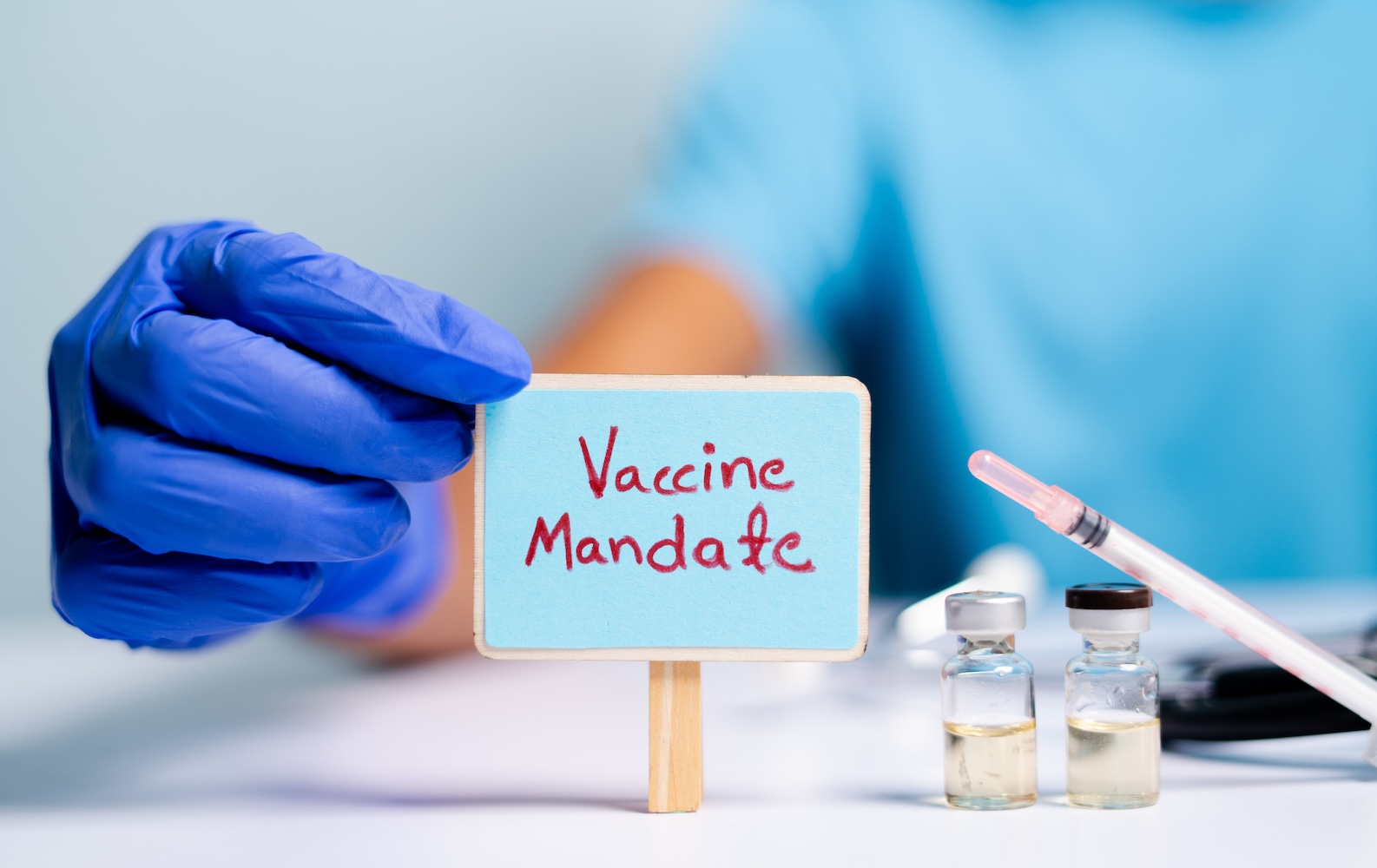Faith Over Shots: WV Opens Door to Vaccine Exemptions

In a significant shift for West Virginia's vaccination policies, Governor Patrick Morrisey is set to introduce religious exemptions across the state. Unlike most states that already offer such exemptions, West Virginia has traditionally maintained strict vaccination requirements without religious opt-outs.
The newly elected Republican governor is taking swift action to change this landscape, announcing that his administration will interpret the state's "Equal Protection for Religion Act" to include vaccine exemptions for both public and private institutions. This move signals a potential major transformation in the state's approach to immunization mandates.
Morrisey's interpretation promises to provide religious individuals and families with more flexibility in making healthcare decisions that align with their personal beliefs. The change could have far-reaching implications for vaccination requirements in schools, workplaces, and other public settings throughout West Virginia.

